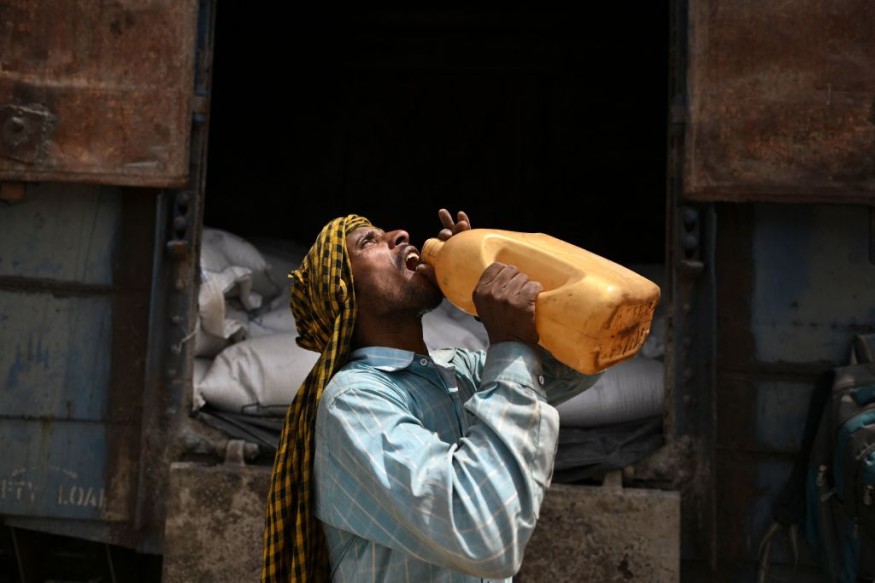
The soaring heatwaves in India could likely contribute to deaths due to heat-related health, affecting the Northern and Eastern parts.
Heatwaves could become challenging and deadly. Prolonged exposure to heat could lead to heat-related concerns, including hypothermia and heat stroke.
It is best that affected residents monitor the weather conditions in Northern and Eastern India to ensure they would not become affected by the hot weather.
Recently, Nature World News (NWN) and CBS News reported that Tropical Cyclone Biparjoy was unloaded in parts of Pakistan and India.
- The latest forecast added that the cyclone caused massive evacuations in India and Pakistan due to the impact of the cyclone. About 180,000 people were evacuated.
- Reports showed that the cyclone made landfall in Gujarat, in the western area of India.
- Reports noted that Tropical Cyclone Biparjoy damaged about 5,000 electricity poles, causing power outages in the region.
Challenging heatwaves in India
Furthermore, the AccuWeather report showed that India suffered from soaring temperatures, especially in the northern and eastern areas that reached 46 degrees Celcius.
The weather report noted that climate change could also play a significant role in sparking severe to extreme heatwaves in India.
During the summer season, soaring temperatures emerge in the country.
On the other hand, the recent report added that the record-breaking heatwaves in India likely caused the deaths of 25 people this month.
According to CNN, the report noted that victims were affected by heat stroke due to the soaring temperatures in the region, adding that the patients had pre-existing heat conditions.
The heatwaves might have worsened their situation, as vulnerable people are older adults, people with medical conditions, children and outdoor workers.
However, the report added that authorities conducted more investigation to determine the possible deaths of the victims.
A committee was sent to look into the patients.
Staying safe during the extreme heat
Soaring temperatures or heat could lead to health risks or deaths. The heat could become deadly. Climate change can also supercharge heat waves that could raise heat-related concerns, especially in India.
Also Read : Cyclone Biparjoy Updates: More Than 100,000 Ordered to Evacuate in Southern Pakistan, Northern India
As a result, communities should keep prepared for the challenging heat, especially during the summer season.
Here are important reminders for communities for this week.
Keep updated with the weather and heatwave alerts.
Homeowners should listen to radio or television reports about the recent heatwaves alerts. It will help them prepare for the day or anticipate the weather conditions.
Avoid outdoor activities or strenuous tasks.
During the hot weather people should avoid outdoor activities when the weather becomes hotter, like this week in India.
Outdoor workers should also remain hydrated. Avoiding strenuous activities is also suggested.
Furthermore, homeowners could also find cooler areas that could alleviate the heat.
Related Article : El Nino Could Worsen Panama Canal's Water Supply That Could Affect Global Trade Route
For more similar stories, don't forget to follow Nature News.
© 2025 NatureWorldNews.com All rights reserved. Do not reproduce without permission.





